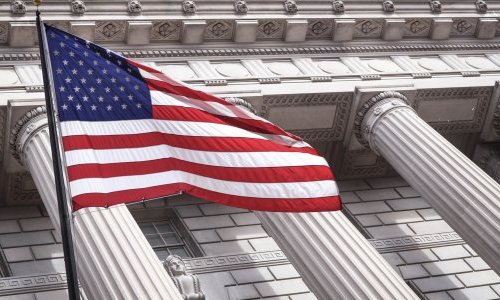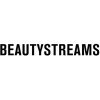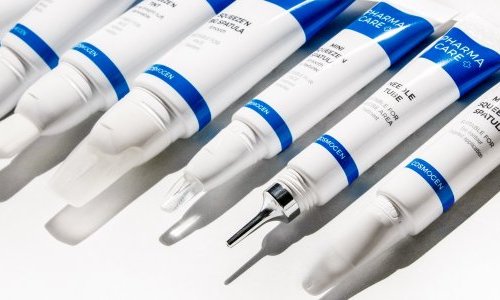One of the most consensual measures of the French Climate and Resilience Law [1], which was voted in 2021, has entered into force on January 1, 2023. The text requires to all companies that highlight the carbon neutrality of a product or service to produce a report on all the greenhouse gas emissions of the said product or service.
The report must be updated every year and cover the entire life cycle, from production to disposal or recycling. It must also explain how greenhouse gas emissions will be avoided as a priority, then reduced and finally "offset". If the emissions of the product or service concerned have increased between two successive years, the "carbon neutral" claim is prohibited. Finally, the offsetting methods used for the residual emissions will have to be detailed, including the nature and description of the projects and their cost.
“Net zero” claims
This obligation concerns claims as "carbon neutral", "zero carbon", "zero carbon footprint", "climate neutral", "fully compensated", "100% compensated" or with any wording of equivalent meaning or scope. [2]
Advertising or packaging bearing the claim of carbon neutrality must also include a link to a website detailing the company’s climate plan.
In case of violation, the company may have to pay a fine of 100,000 euros, which can be increased up to the total amount of the expenses devoted to the advertising campaign.
The French government has said the goal is to provide transparent information for the public, to "progressively strengthen the commitments of advertisers" and to combat "greenwashing".
International concerns
The measures come after United Nations experts recently issued a raft of new guidelines aimed at drawing a "red line" around bogus net zero claims.
The new recommendations from UN experts, published in November at the COP27 talks in Egypt’s Sharm el-Sheikh, say firms cannot claim to be net-zero if they invest in new fossil fuels, cause deforestation or offset emissions with carbon credits instead of reducing them. UN chief Antonio Guterres has called for companies to update their net-zero pledges within a year to meet the new criteria.
In November, French climate activists from the association Notre Affaire À Tous said they had filed complaints with advertising regulators in several European countries over claims that the football World Cup in Qatar would be carbon neutral.
Also last year, Britain’s Advertising Standards Authority hit out at HSBC for adverts promoting its green initiatives that failed to highlight the bank’s contributions to greenhouse gas emissions and banned further use of the posters.
Britain’s financial watchdog has also proposed toughening regulations of environmental claims, including of investment product sustainability labels and restrictions on terms such as "green", "sustainable" and "ESG" (environmental, social, and governance).




























